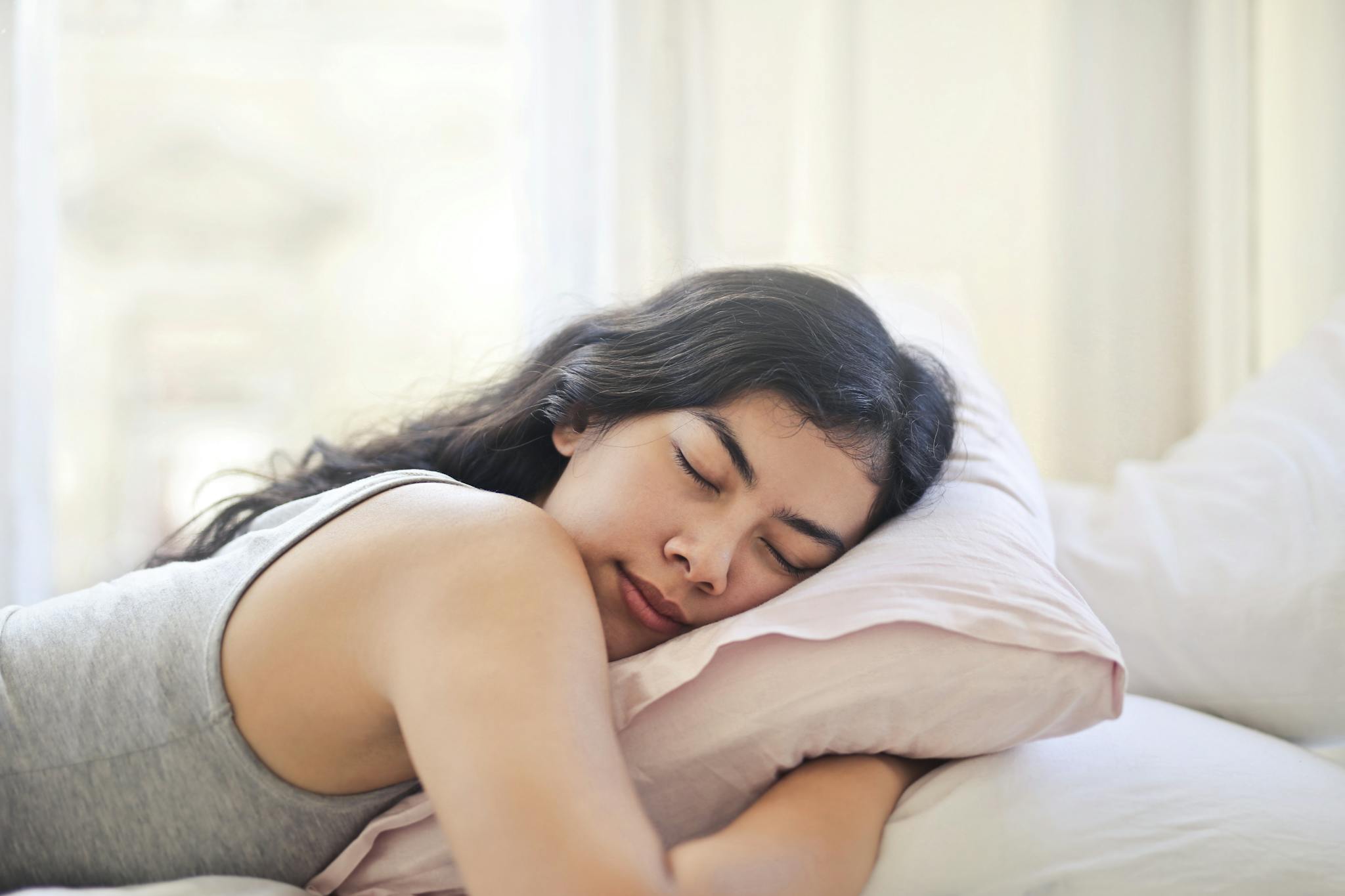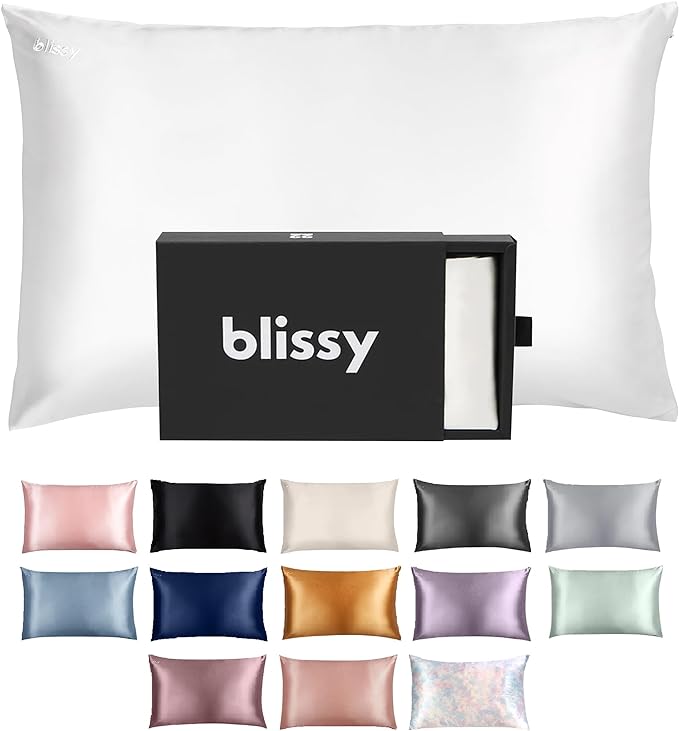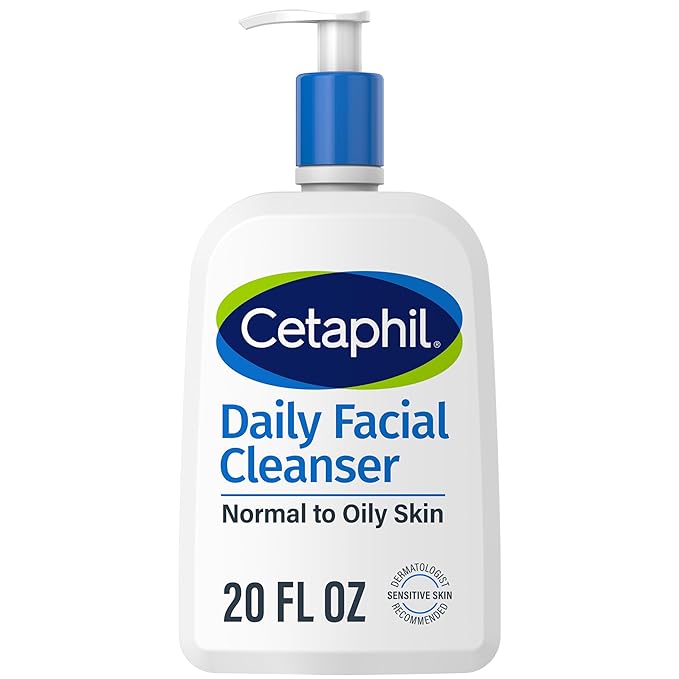We all know that sleep is important. Not only does it affect our muscle growth, immune systems, learning and memory abilities and hormone regulation, but “beauty sleep” also affects our physical appearance, according to SleepFoundation.org. Understanding the impact sleep has on your whole body — inside and out — is a crucial part of keeping your skin healthy, revitalized and ready for the day.
HOW DOES POOR SLEEP AFFECT YOUR SKIN?
According to Healthline, dark circles under the eyes, dry skin and slightly hollow cheeks are all signs of sleep deprivation. These symptoms are also common signs of dehydration — another indication of sleep deprivation. Long term effects may also include a decline in skin elasticity, according to Healthline. SleepFoundation.org also notes “paler skin than usual, wrinkles and fine lines, hanging corners of the mouth, drooping or hanging eyelids and red or swollen eyes” as additional side effects of not getting enough sleep. Cosmetics brand Garnier explains that when you don’t get enough sleep, your body “perceives it as a form of stress,” producing excess cortisol which has “negative effects on the immune responses,” damages collagen, constricts blood vessels and reduces oxygen and nutrients to the skin.
BENEFITS OF GETTING GOOD BEAUTY SLEEP
Getting a good night’s sleep is incredibly beneficial in more ways than one. It is essential for your skin, hair and mental health — making it one of the most important things you can do to help yourself thrive. According to SleepFoundation.org, these are some of the main scientific benefits:
COLLAGEN AND ELASTIN:
These proteins give your skin its elasticity as well as prevent premature wrinkles. A lack of sleep affects the immune system, which can cause a reduction in collagen production.
COMPLEXION:
Studies have shown that the night and early morning hours are when the skin has the “highest levels of blood flow” and when it is repairing cells damaged by UV light, respectively. Staying up late is also linked to dehydration and “increased production of oily secretions,” which can lead to acne.
HAIR STRENGTH:
Sleep deprivation is translated by your body as stress, which causes your body to produce cortisol. Higher cortisol levels cause “the body [to produce] more sebaceous oil including at the root of every hair,” potentially leading to oily hair and dandruff. Studies have shown that lack of sleep can also cause hair loss.
TIPS FOR GETTING GOOD SLEEP
According to Mayo Clinic, these tips can help you get better sleep, and in turn, improve the health of your skin.
- Create a sleep schedule that is at least seven hours long and go to bed at the same time each night. Try doing a relaxing activity like reading, listening to calming music or meditating.
- Don’t eat or drink anything but water for a few hours before you go to sleep. Nicotine, caffeine and alcohol should also be avoided several hours before you go to sleep.
- Sleep in an environment that is dark, quiet and cool. Try to avoid harsh lighting in the evening and consider adding white noise such as a fan or noise machine to help you sleep.
- If you take naps, try to keep them to no more than one hour per day, and avoid napping later in the afternoon or evening.
- Exercise regularly, stretch before bed and spend time outside each day.
- Relieve stress and anxiety before going to sleep by setting goals and tasks for the next day so you aren’t thinking about them while to try to fall asleep.
OTHER WAYS YOU CAN HELP PROTECT YOUR SKIN
According to Healthline, dermatologists recommend silk sheets and pillowcases, which can help prevent inflammation from friction against cotton pillowcases. Cotton pillowcases also absorb more oil and bacteria, creating an unsanitary environment in your pillow. Silk may not be as effective for oily skin types as it cannot absorb the oil, so it will stay on your face. Washing your face before bed is also an effective prevention method because it removes makeup, dirt and oil. Using an overnight moisturizer may also help.
Related articles
8 Simple Daily Habits to Reduce Stress and Increase Happiness
Is Procrastination Killing You?
12 Must-Have Anti-Aging Products



